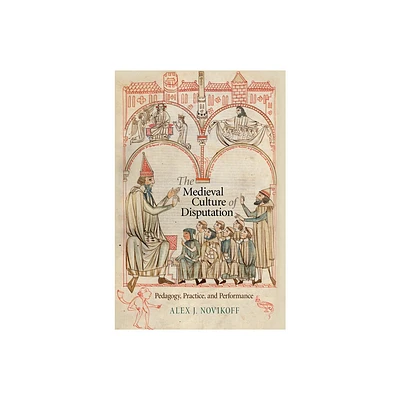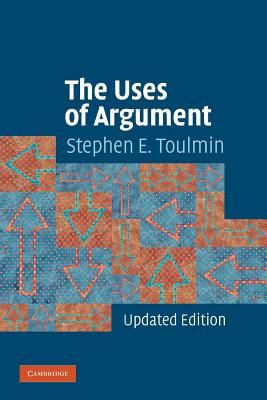Home
Islamic Disputation Theory: The Uses & Rules of Argument in Medieval Islam
Loading Inventory...
Barnes and Noble
Islamic Disputation Theory: The Uses & Rules of Argument in Medieval Islam
Current price: $99.99


Barnes and Noble
Islamic Disputation Theory: The Uses & Rules of Argument in Medieval Islam
Current price: $99.99
Loading Inventory...
Size: OS
*Product Information may vary - to confirm product availability, pricing, and additional information please contact Barnes and Noble
This book charts the evolution of Islamic dialectical theory (jadal) over a four-hundred year period. It includes an extensive study of the development of methods of disputation in Islamic theology (kalām) and jurisprudence (uṣūl al-fiqh) from the tenth through the fourteenth centuries. The author uses the theoretical writings of Islamic theologians, jurists, and philosophers to describe the concept Overall, this investigation looks at the extent to which the development of Islamic modes of disputation is rooted in Aristotle and the classical tradition. The author reconstructs the contents of the earliest systematic treatment of the subject by b. al-Rīwandī. He then contrasts the theological understanding of dialectic with the teachings of the Arab Aristotelians–al-Fārābī, Avicenna, and Averroes. Next, the monograph shows how jurists took over the theological method of dialectic and applied it to problems peculiar to jurisprudence.
Although the earliest writingson dialectic are fairly free of direct Aristotelian influence, there are coincidences of themes and treatment. But after jurisprudence had assimilated the techniques of theological dialectic, its own theory became increasingly influenced by logical terminology and techniques. At the end of the thirteenth century there arose a new discipline, the ādāb al-baḥth. While the theoretical underpinnings of the new system are Aristotelian, the terminology and order of debate place it firmly in the Islamic tradition of disputation.
Although the earliest writingson dialectic are fairly free of direct Aristotelian influence, there are coincidences of themes and treatment. But after jurisprudence had assimilated the techniques of theological dialectic, its own theory became increasingly influenced by logical terminology and techniques. At the end of the thirteenth century there arose a new discipline, the ādāb al-baḥth. While the theoretical underpinnings of the new system are Aristotelian, the terminology and order of debate place it firmly in the Islamic tradition of disputation.


















